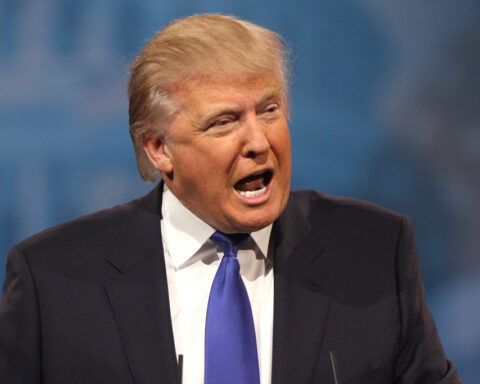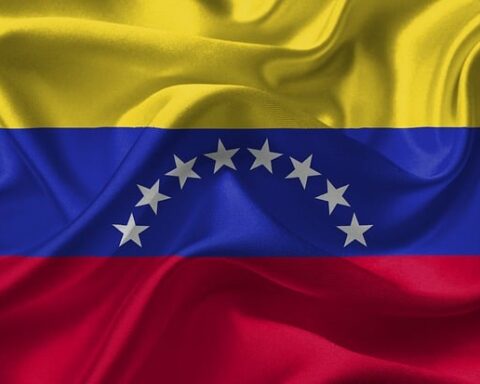Mark Carney has now reportedly assumed the role of prime minister of Canada on Friday, placing a former central banker who is renowned for his ability to navigate crises in the midst of a trade conflict with President Trump. This move is expected to trigger a national election.
Carney, who will turn 60 on Sunday, succeeded Justin Trudeau, who resigned in response to unfavorable polling results.
His immediate objective is to resolve a tariff crisis with the United States, which has implemented 25% tariffs on steel, aluminum, and goods that do not adhere to the free-trade agreement between Canada and the United States, as well as 10% tariffs on Canadian crude imports.
Carney stated that the government would be “action-oriented” and leaner under his stewardship, as evidenced by a smaller cabinet.
He stated that it would be centered on two principles: the protection of Canadian workers and families from unjustified U.S. trade policy and the promotion of development and investment.
One of Carney’s initial actions as prime minister is expected to be a phone call with Trump, who stated on Thursday that he would not negotiate tariffs due to the fact that the United States does not require Canada’s exports, such as lumber and cars.
Trump has also expressed his desire for Canada to become the 51st state and has threatened to use “economic force” to annex it.
The new Canadian leader will also visit Paris and London to meet with French President Emmanuel Macron and U.K. Prime Minister Keir Starmer.
The discussions will be centered on security and the diversification of economic relationships.
According to recent polling conducted by the Bank of Canada, businesses have suspended hiring and investment plans, and households are becoming increasingly concerned about job security, as a result of Trump’s election.
Political analysts and Liberal Party members anticipate that Carney will call an election prior to the resumption of Parliament on March 24.
It is anticipated that he will contend that he is the most qualified individual to lead the county in an economic conflict with Trump.
In the event of an election, Carney, a dedicated technocrat and veteran of financial turmoil on two continents, would be pitted against Conservative Party Leader Pierre Poilievre, a populist who was previously considered a lock to become Canada’s next leader due to his capacity to establish a connection with financially distressed households.
Poilievre’s 20-point advantage has been reduced as a result of a combination of factors, with Trump’s tariffs and annexation threats being the most substantial. The Liberal Party’s fortunes have also been bolstered by Trudeau’s departure from the political scene.
[READ MORE: Trump Claims Discussions With Putin Over Ukraine ‘Productive’]








